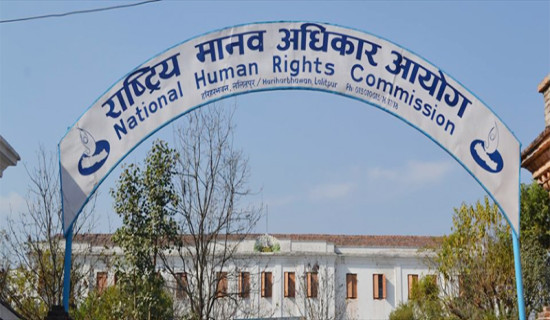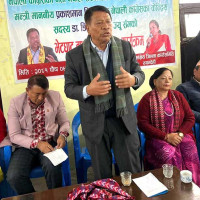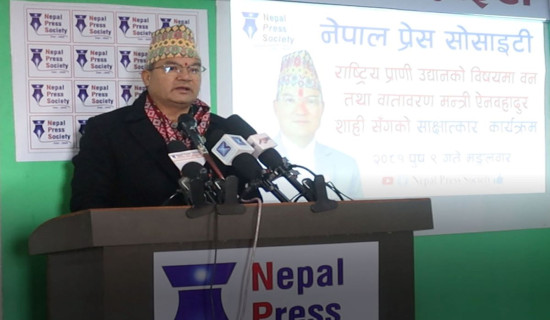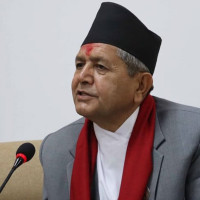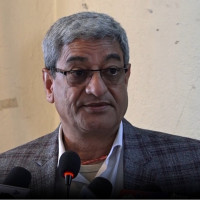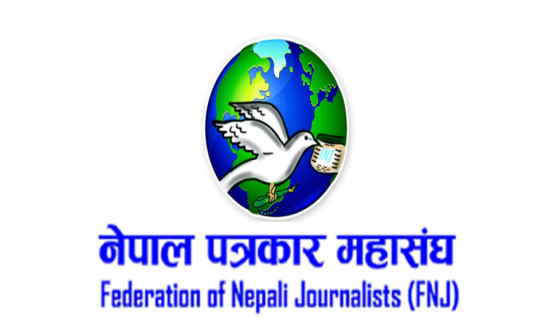- Tuesday, 24 December 2024
Govt ensures free medicine to sickle cell anaemia patients
By Siraj Khan,Nepalgunj, Dec. 24: Minister for Health and Population, Pradip Paudel, has announced that the government will ensure free medicine and quality treatment for all sickle cell anemia patients.
After inaugurating a dedicated ward and a state-of-the-art operation theatre at Bheri Hospital on Monday, Minister Paudel emphasised the government's commitment to addressing the needs of patients suffering from sickle cell anaemia in Banke, Bardiya and western Nepal.
"The government will not allow any shortages in the treatment of sickle cell and thalassemia patients. Separate wards are being established in various hospitals to achieve this objective," said Paudel.
He highlighted that after seeking assistance from the Indian government for medication, all necessary procedures were expedited, allowing for a swift supply of medicines. "The sickle cell medicine will be distributed to all hospitals with dedicated wards, ensuring patients receive the required treatment," he added.
Minister Paudel also stressed the importance of raising awareness about sickle cell anaemia, underlining that preventative measures and education campaigns are integral to combatting the disease. In addition, he mentioned the government's efforts to streamline the health insurance system, although he did not elaborate on the term "Yodagan," which he referenced in relation to insurance.
Deepak Tharu, a patient from Barbardiya, said that the establishment of a separate ward had solved the issue of bed shortages but called for the inclusion of sickle cell medication under health insurance coverage.
During the event, Minister Poudel inspected the newly inaugurated ward and interacted with patients, and addressed their concerns.
Key stakeholders, including Bheri Hospital Chief Dr. Nirajan Subedi, senior sickle cell specialist Dr. Rajan Pandey, and Sickle Cell Society Nepal President Prabhuram Tharu, shared their insights on the current challenges and solutions for treating the disease.
Chairman of the Bheri Hospital Development Committee, Birendra Bahadur Shah, along with committee member Dr. Prasad Dhital and Chief Nursing Administrator Durga Laxmi Shrestha, urged the minister to address the hospital's manpower shortage and expedite the release of insurance funds.
Steps taken to open doors of arm and police hospitals to public
Meanwhile, Minister for Health and Population Pradip Paudel has taken steps to open the doors of army and police hospitals to the general public.
To advance this initiative, Minister Paudel has established a task force led by Additional Secretary Dr. Tanka Barakoti. The team has been tasked with formulating the necessary procedures and submitting a report on the feasibility and implementation of this plan.
The decision to extend health services to the general public through facilities managed by the Nepal Army, Armed Police Force, and Nepal Police was first approved by a meeting of the Council of Ministers on May 18, 2017. The decision also called for the development of a framework and cooperative mechanisms between the Ministry of Health and relevant ministries.
Building on this earlier decision, Minister Paudel recently directed the task force to include hospitals operated by the Armed Police Force in their study. According to his secretariat, the task force will collaborate with experts and stakeholders to draft working procedures.
The task force comprises representatives from the Ministries of Home Affairs and Defence, as well as officials from army, police, and armed forces hospitals. Ministry officials are also part of the team.
Ministry spokesperson Prakash Budhathoki confirmed that Minister Paudel has initiated the process of implementing the previous decision, aiming to make services provided by security agency-operated hospitals accessible to the general public.



